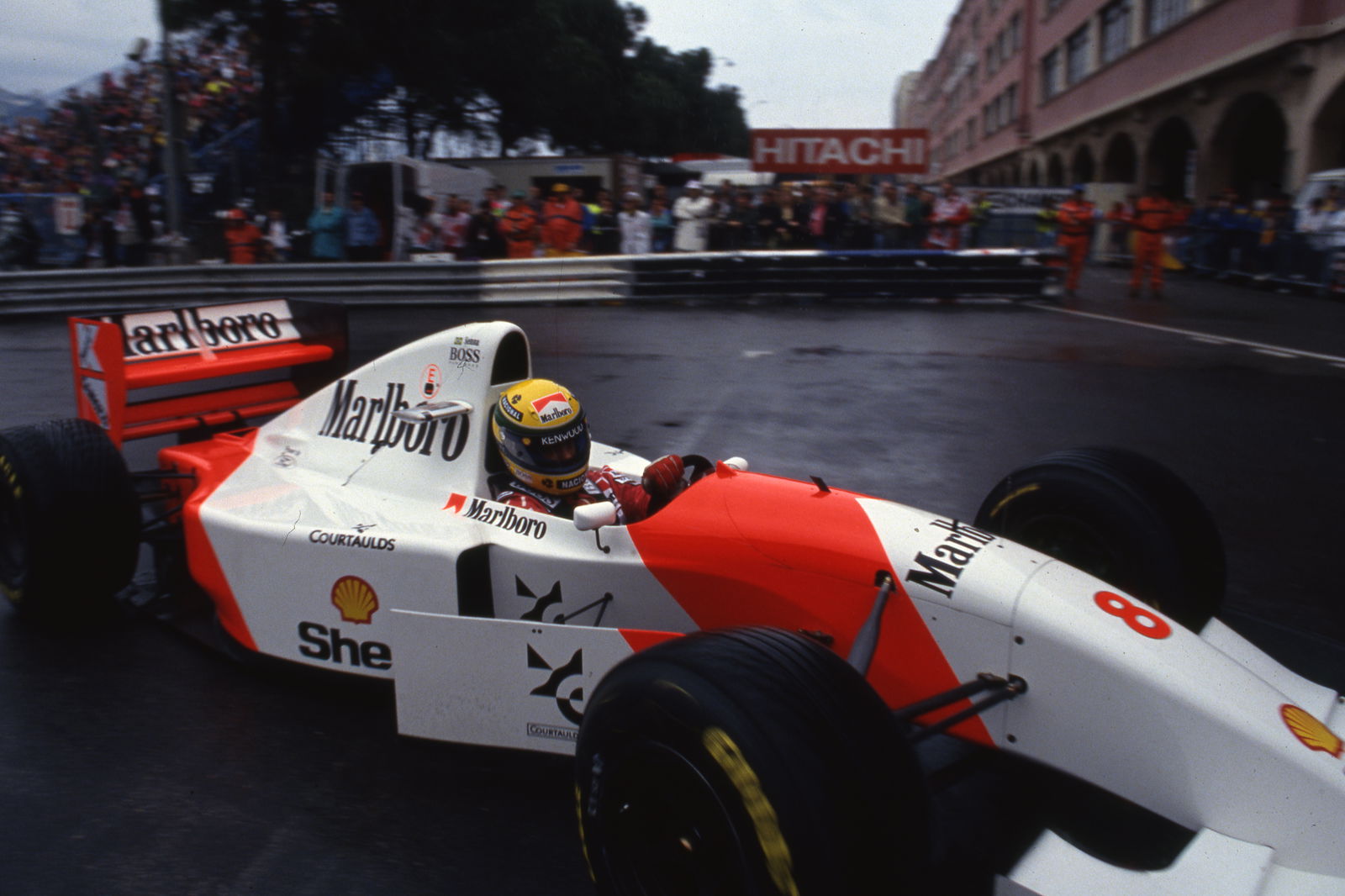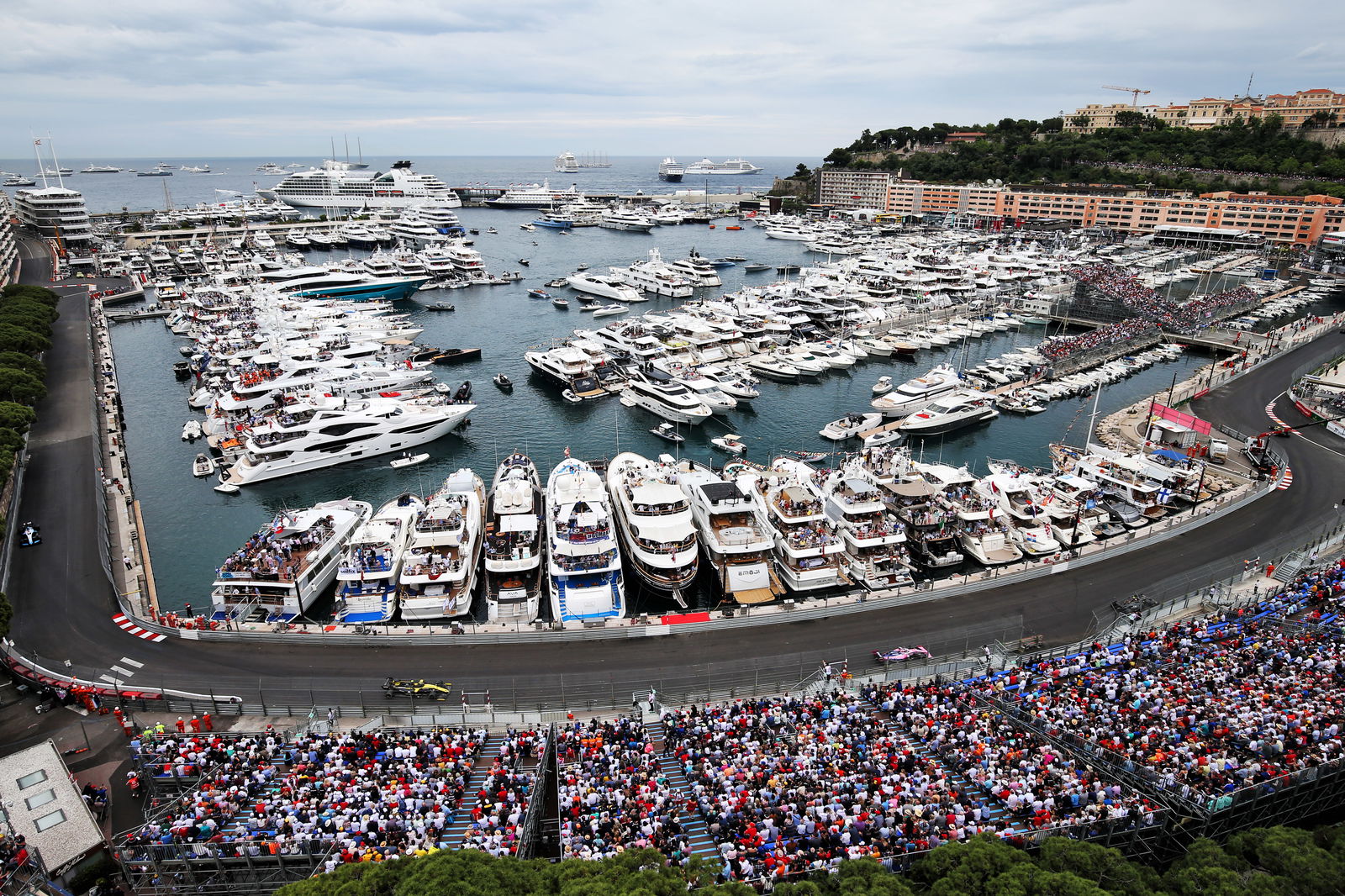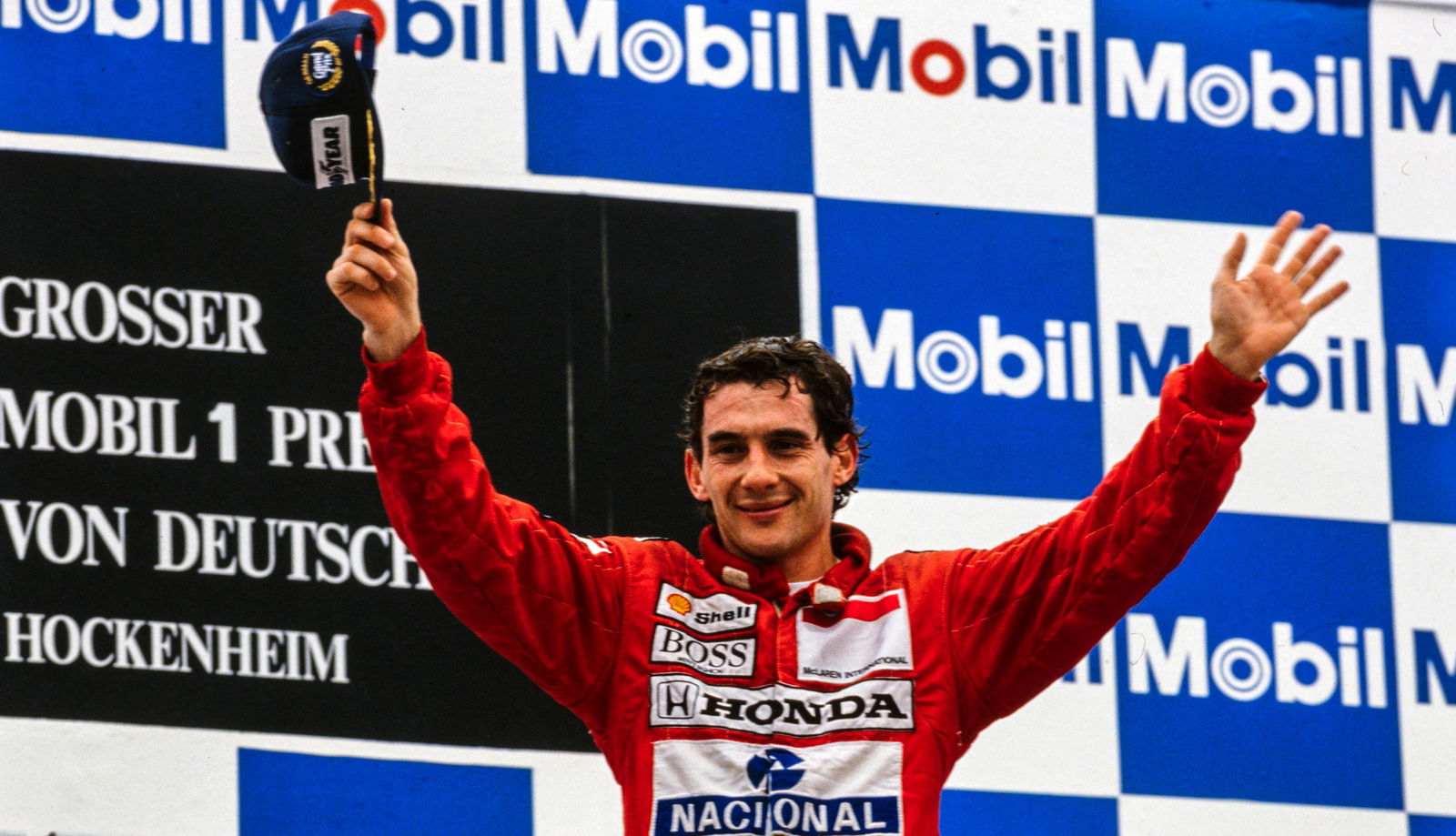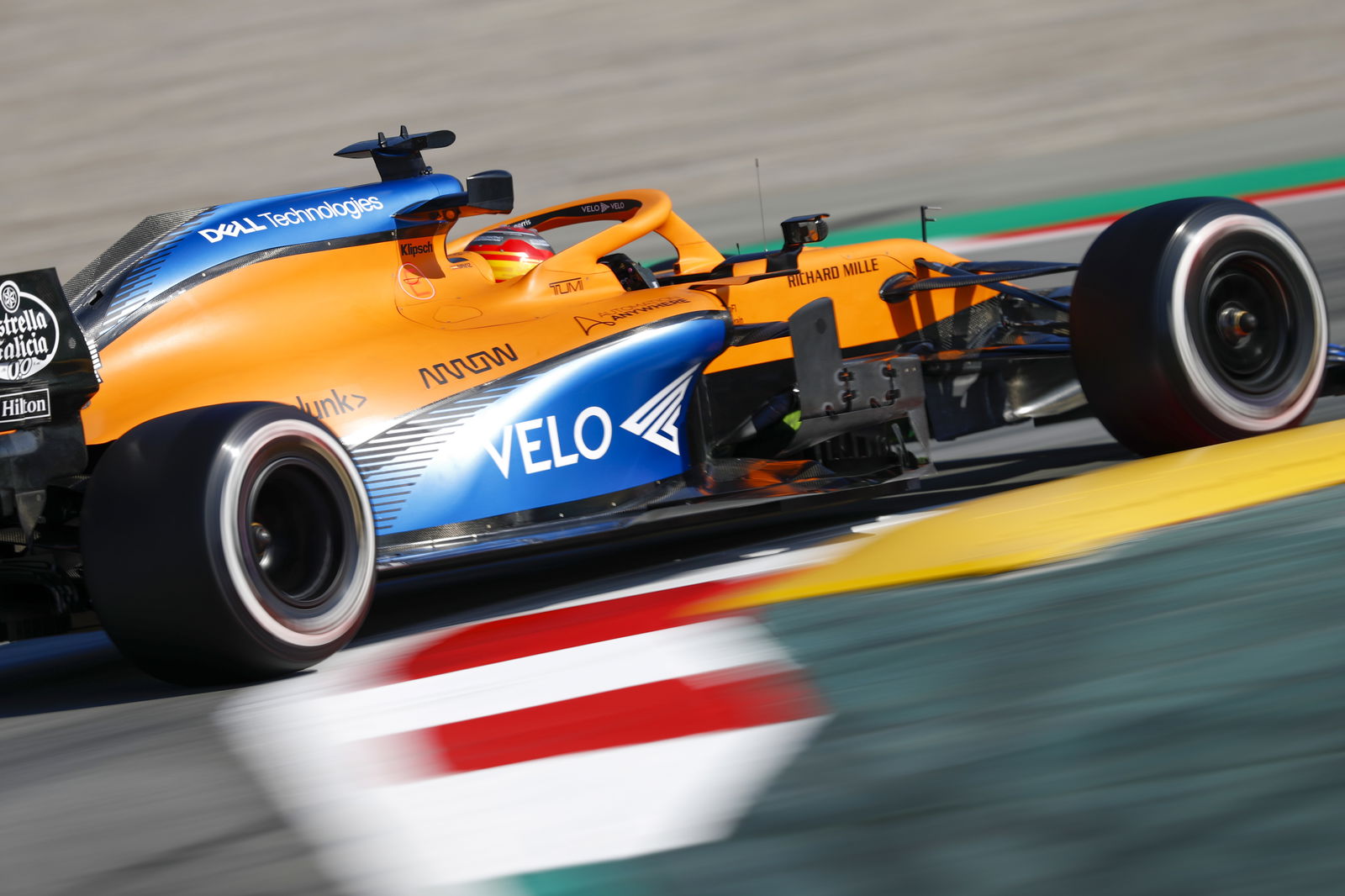F1 minus the glamour: How no Monaco GP will impact the sport in 2020
For the first time in 66 years, Formula 1 will not feature a Monaco Grand Prix on its calendar.
Last week the Monaco Grand Prix - often referred to as the Jewel in the F1 crown - became the latest casualty of the coronavirus pandemic as it was first postponed, then swiftly cancelled altogether from the 2020 season.
Monaco was due to be the seventh round of a campaign schedule that has already been decimated by the global COVID-19 crisis, with the opening seven races now shelved until further notice.

For the first time in 66 years, Formula 1 will not feature a Monaco Grand Prix on its calendar.
Last week the Monaco Grand Prix - often referred to as the Jewel in the F1 crown - became the latest casualty of the coronavirus pandemic as it was first postponed, then swiftly cancelled altogether from the 2020 season.
Monaco was due to be the seventh round of a campaign schedule that has already been decimated by the global COVID-19 crisis, with the opening seven races now shelved until further notice.
F1’s governing body, the FIA, now expects the 2020 season to begin “as soon as it is safe to do so after May”.
But while other events such as the postponed Vietnam, Dutch and Spanish Grands Prix are hopeful of having their respective races reinstated on the calendar at a later date, Monaco is very much an exclusive round and it soon became clear it would not be rescheduled.
Within an hour or so of the initial postponement confirmation from F1, the Automobile Club de Monaco, which organisers the race, announced it was “not possible” to rearrange a date from its fixed May 24 slot, resulting in its full cancellation.
F1 has shifted its ‘summer break’ forward to March and April to free up the traditional August slot to allow the championship to fit in as many races as possible this year, assuming any racing can go ahead, but either way, Monaco will now definitely not be happening.
The Monaco Grand Prix has been an ever-present fixture on the F1 calendar since 1955 and its absence seems inconceivable.
The prestigious nature of the event has meant that Monte Carlo has not paid a hosting fee to F1 due to its position on the schedule being deemed so lucrative.
But that wasn’t always the case. It may seem hard to believe now, given the lure of the star-studded race, flashy yachts and its celebrity appeal, but Monaco actually struggled financially in its early years after its first-ever race in 1929.

Following the post-world war period it was not held in 1949, 1951, or between 1953-1954 amid its ongoing struggles and a spell when F1 ran to Formula 2-spec regulations. It was the second-ever world championship race after Silverstone in 1950 before running as a sportscar race in 1952.
Its breakthrough came in 1955, when the Principality hosted the second round of the world championship. Ferrari’s Maurice Trintignant won the 100-lap affair after Mercedes pair Juan Manuel Fangio and Stirling Moss hit engine trouble having dominated much of the race, while Alberto Ascari dramatically crashed into the harbour and had to swim to safety.
From there on in, Monaco quickly established itself as a race F1 was never going to lose, until the unforeseen current global health crisis ended its 66-year streak after 77 races.
While F1 did not receive a hosting fee from Monaco, it will certainly feel the hit of the race not taking place due to the appeal of the event to sponsors and broadcasters, as will the teams. Chase Carey and co will now shift their focus onto finding a new home for the races that pay the big money.
Both Monaco and F1 will survive without the iconic race for a year, but the cancellation comes as the latest financial blow in a time of intense uncertainty amid the coronavirus crisis.
From lavish parties for big name guests and celebrities to oiling the palms for commercial partners both in and connected to the sport, F1 businesses will need a new glitzy ball which scales the over the top glamour of Monaco to impress in 2020.
For drivers, the absence of a Monaco Grand Prix will be a huge disappointment, with the thrill and challenge of the race which makes it one of the hardest races to win.
Interestingly, Monaco’s place on the calendar has meant it has usually always clashed with the Indianapolis 500, which traditionally takes place on the same weekend in May.
Given Monaco’s cancellation and a delayed start to the season, F1 drivers are technically now free to compete at the Brickyard, with the Indy 500 still scheduled to take place as things stand. If they fancied testing themselves at another prestigious event - which along with the 24 Hours of Le Mans and Monaco makes up motorsport’s ‘Triple Crown’ - then 2020 could be the time…
Fans will also be disappointed, especially those that had already bought tickets to the event and planned their travel and accommodation arrangements. Monaco has always been a ‘must-visit’ for any F1 fans amid their bucket list of dream races to attend, providing a breathtaking and unforgettable experience.
The race has been criticised over the years for not being the most exciting due to the narrow streets making overtaking near-impossible, a problem doubled up by the growth of F1 cars over the past two decades, although it is unrivalled on the calendar in terms of its glamour and appeal.
While attention now turns to attempts to get the season underway, there is no doubt the Monaco Grand Prix will be missed by drivers, teams and fans in 2020.



